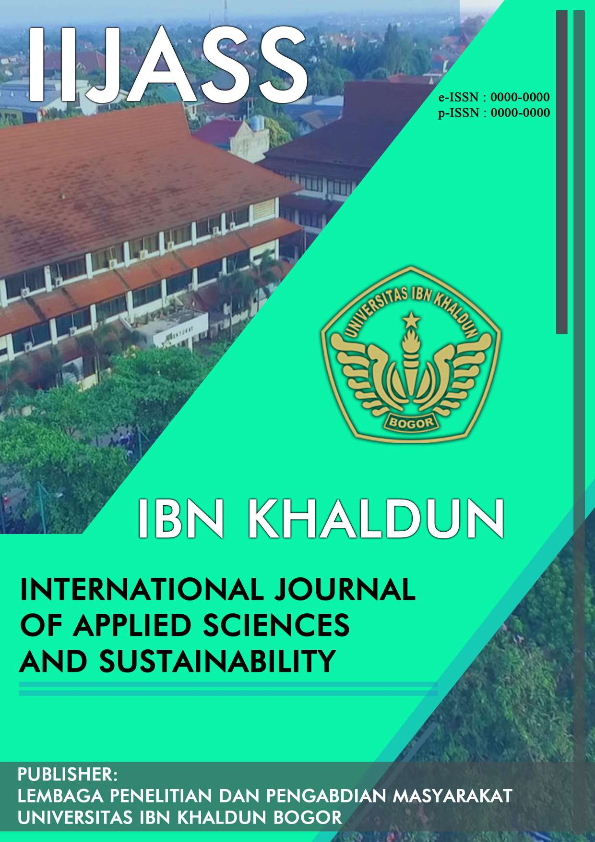Sustainability Analysis of 3R Solid Waste Treatment Facility (Case Study at TPS 3R Cipaku Bogor)
Main Article Content
Abstract
Waste management in Indonesia is regulated by constitution number 18 issued in 2008 concerning solid waste and for management of domestic or similar waste is operationally strengthened by the issuance of government regulation number 81 issued in 2012 concerning domestic solid waste management and similar domestic solid waste. Managingreducese, re-us,e, and recycling solid waste treatment facilities (TPS 3R) is a pattern of solid waste management approaches involving active roles and empowerment of community capacities. The sustainability analysis of the TPS 3R waste management system is needed to provide an overview for stakeholders in determining for improving waste processing performance. This research is important to know the sustainability status of the TPS 3R implementation activities that meet sustainability indicators from a scientific point of view. In addition, research related to the sustainability of the implementation of TPS 3R has never been carried out yet. The purpose of this study is 1) identify identifying actors to determine the sustainability of TPS 3R, 2) assess the assassessability of TPS 3R waste management systems, and 3)set recommendations for the TPS 3 waste management system. Collecting data was carried out from April to November 2017 and continued from June to July 2018. The research location was determined at TPS Cipaku located at Cipaku, South Bogor Sub-District (serving an unorganized d housing area). The sustainability indicatowerewas determined by an expert on the judgment method and sustainability status using the rapid appraisal techniques for fisheries (RAPFISH) method while the recommendations developed TPS 3R using the analytical hierarchy process (AHP) method. The conclusions of this study were as follows: 1) to assess the sustainability of TPS with ly of 33 indicators, 2) the sustainability status of TPS 3R Cipaku TPS was good; 3) The recommendation development based on the priority analysis at TPS 3R Cipaku the priority respectively were enhancing financial independence, the role of the parties, sorting waste (including hazard waste), enhancing quality of input and managing conflicts.
